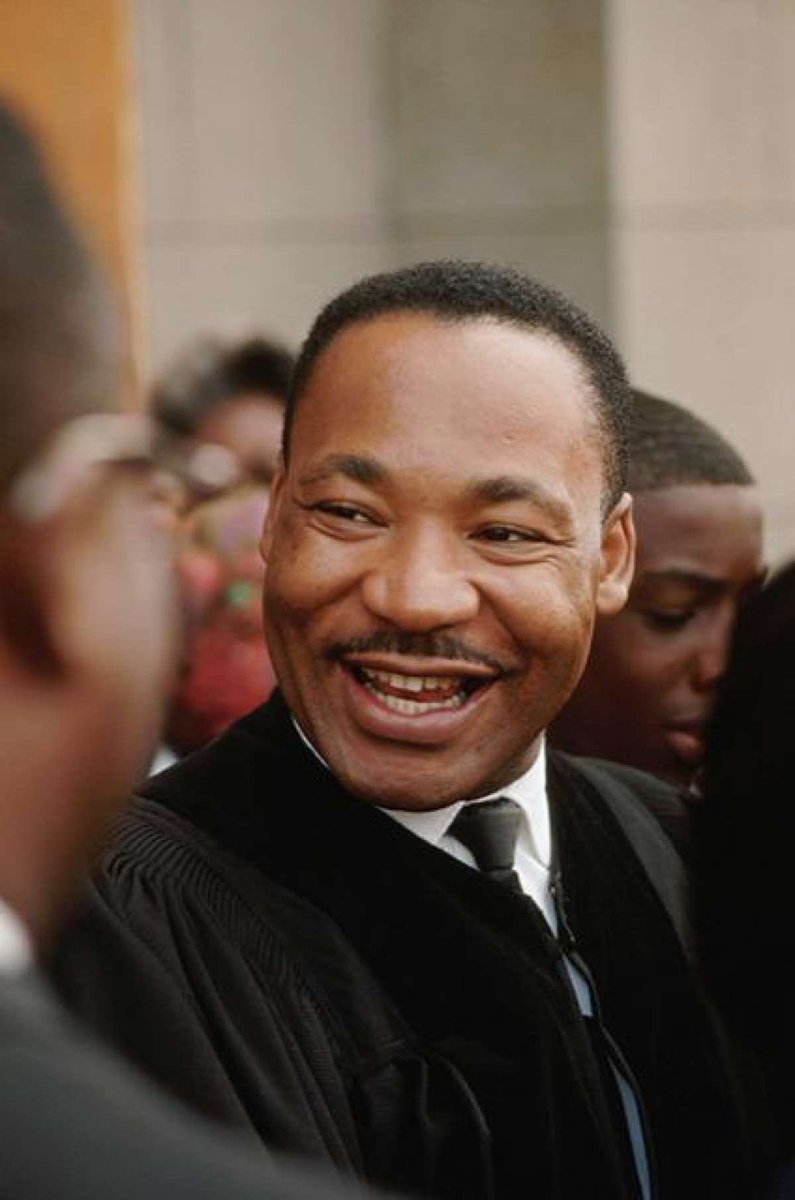For a King, Celebrate! 10 Songs You Should Listen to On MLK’s Birthday
God has wrought many things out of oppression. He has endowed his creatures with the capacity to create — and from this capacity has flowed the sweet songs of sorrow and joy that have allowed man to cope with his environment and many different situations.
Jazz speaks for life. The Blues tell the story of life’s difficulties, and if you think for a moment, you will realize that they take the hardest realities of life and put them into music, only to come out with some new hope or sense of triumph.
This is triumphant music.
— Dr. Martin Luther King Jr.
Happy Birthday weekend to one of Our Greatest.
I Have a Dream
Herbie Hancock
The Prisoner
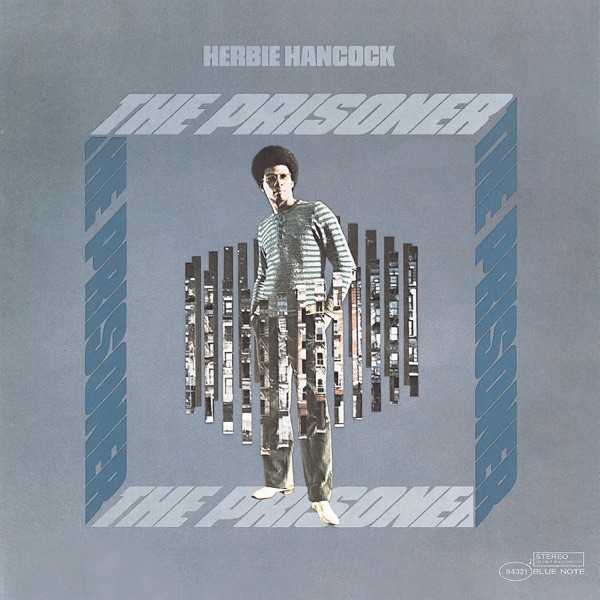
Released just one year after the assassination of Dr. King, Hancock said of this album, “Generally speaking, I’ve been able to get closer to the real me with this album than on any other previous one.” With his nonet of Joe Henderson (ts, alto flute), Johnny Coles (flugelhorn), Garnett Brown (trombone), Buster Williams (bass), and Tootie Heath (d), The Prisoner is likely Hancock’s most socially focused work of his career with the entire album being an homage to Dr. King, his legacy and the direction forward after America’s Last Great Hope was extinguished.
Happy Birthday
Stevie Wonder
Hotter Than July
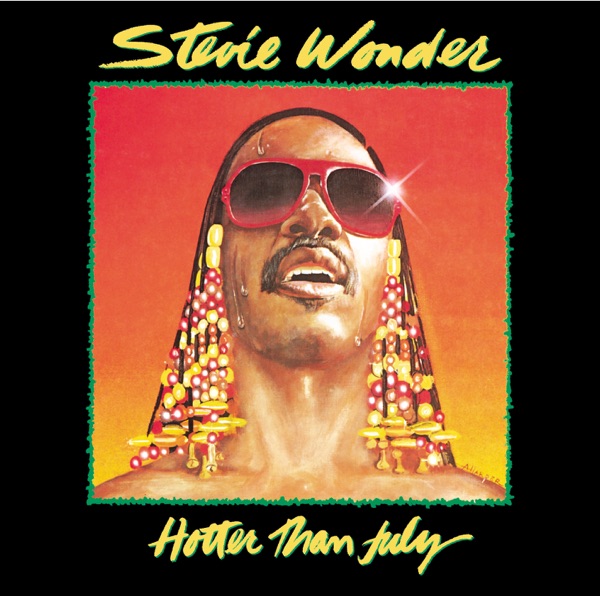
Stevie Wonder was a principle player using his 1980 Hotter Than July tour to build momentum while championing the legislation for an MLK holiday. Wonder’s hit song and rallying cry “Happy Birthday” remains one of the most quintessential examples of the symbiotic relationship between art and activism at work, and was profoundly instrumental in the process of getting the bill passed while exposing the bigoted politicians who refused to vote in favor (four of whom who were still serving on the Senate in the last 5 years). The opening lyrics capture the climate of staunch opposition advocates had been facing since the legislation was introduced four days after King’s assassination.
“You know it doesn’t make much sense
There ought to be a law against
Anyone who takes offense
At a day in your celebration”
The bill was finally passed in 1983. The first King holiday was observed in 1986 (the same year Mrs. Coretta Scott King wrote the Senate Judiciary Committee requesting their rejection of President Regan’s nomination of Jeff Sessions to a federal judgeship due to his openly racist stances.) The posthumously released memoir from legendary poet, singer, composer and activist Gil Scott Heron, The Last Holiday (Grove Press), gives an unprecedented look at Wonder’s mission. The book’s title refers to Scott-Heron’s experiences as the opening act of Wonder’s 1980 tour. “Somehow it seems that Stevie’s efforts as the leader of this campaign has been forgotten,” writes Heron. “But it is something that we should all remember.”
King Holiday
King Dream Chorus and Holiday Crew
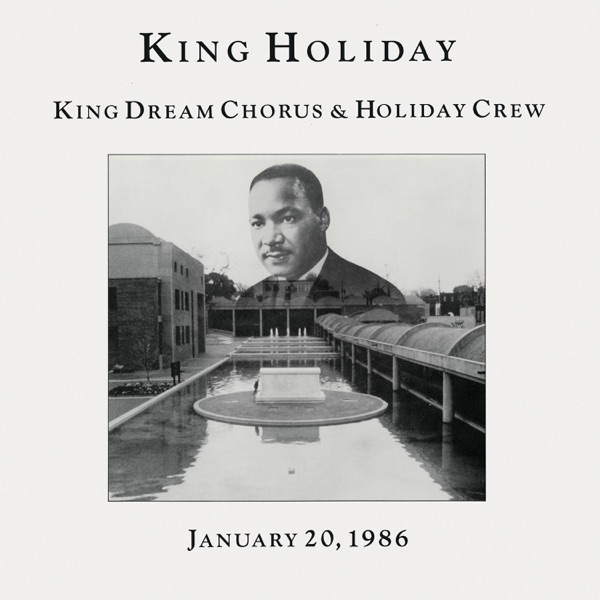
By 1986, pop culture seemed to be fully engaged in the federal recognition of Dr. King, and the year began with “King Holiday,” a “We Are the World” style anthem spearheaded by Dexter King and performed by the King Dream Chorus whose members included Whitney Houston, Run-DMC, Stephanie Mills and New Edition.
Why? (The King of Love Is Dead)
Nina Simone
Nuff Said!
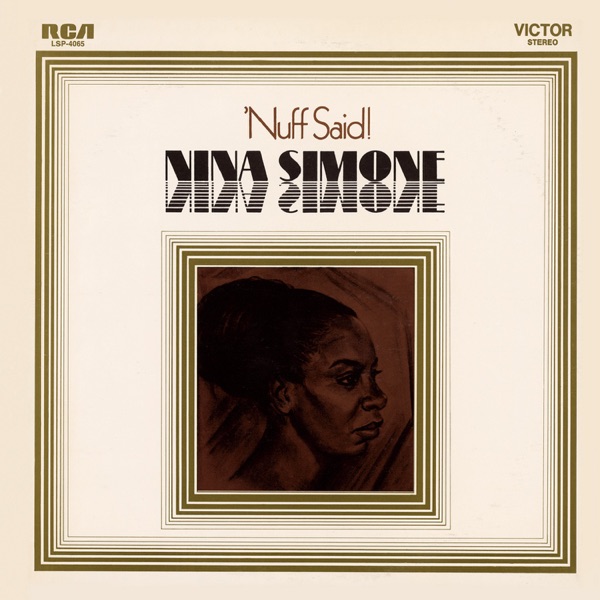
Hours after King’s prophetic “Been to the mountaintop” speech on the eve of his death, Dr. King was assassinated on the balcony of The Lorraine Motel, in Memphis. Three days later on April 7, 1968, a 35 year old Nina Simone sat to the piano and delivered the most sobering message to the culture – and the world – when she sang, “The King of Love Is Dead” at the Westbury Music Fair on Long Island in New York. It is one of the most heart wrenching musical performances I have ever heard.
By the Time I Get to Arizona
Public Enemy
Apocalypse 91… The Enemy Strikes Black (1991)
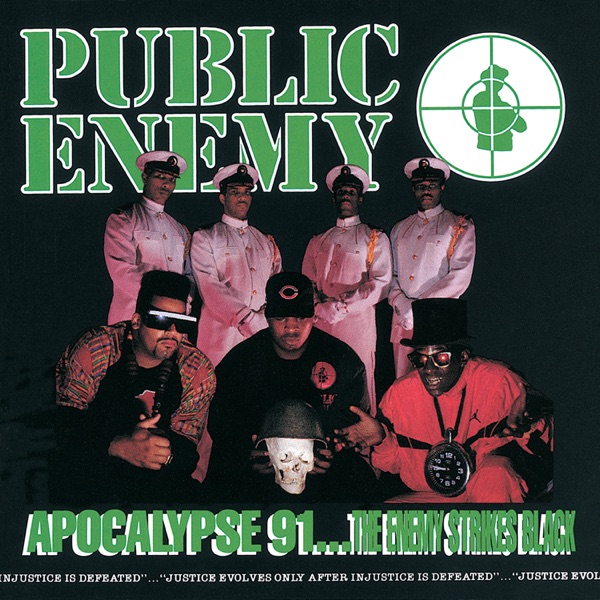
In 1983, several lawmakers voted against making MLK Day a national holiday. One such lawmaker was at the time Arizona Congressman, John McCain. Evan Mecham served as Governor of the state from January 5, 1987, until his impeachment conviction on April 4, 1988 (peep that date). While in office, Mecham canceled Arizona’s state holiday to honor King, as promised during his campaign. It wasn’t until 1993 that MLK Day was officially observed as a paid holiday. Just as Wonder has done in 1983, Public Enemy frontman Chuck D took to his pen and mic in 1991 to admonish Mecham for his outrageous decision.
And they can’t understand why he the man
I’m singin’ ’bout a king
They don’t like it
When I decide to mic it
Wait! I’m waitin’ for the date
For the man who demands respect
‘Cause he was great, c’mon!
I’m on the one mission
To get a politician
To honor or he’s a gonner
By the time I get to Arizona…
March On Selma
Blue Mitchell
Down With It (1966)
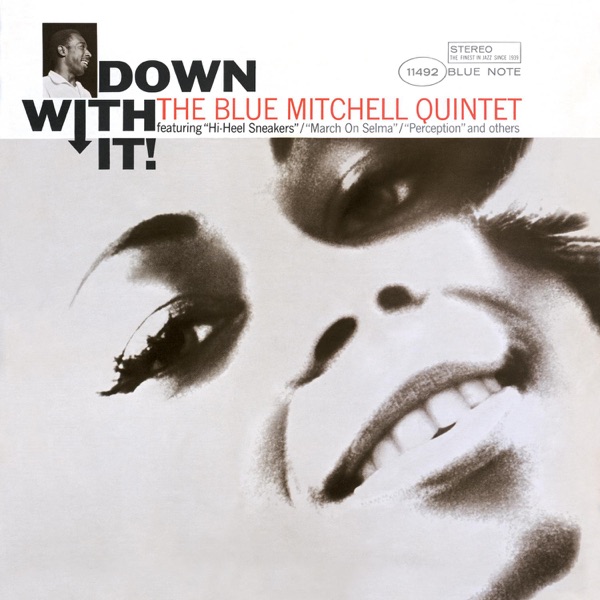
Trumpeter Blue Mitchell wrote a swinging, upbeat ode to the Selma to Montgomery marches of 1965, in which hundreds of activists — including Dr. King, Mrs. Coretta Scott King and Senator John Lewis — marched to the capital as part of the voting rights efforts. Congress finally passed the Voting Rights Act and President Johnson signed it into law that summer. This song rings true at this moment — not even six decades after the Voting Rights Act, we are witnessing voter suppression efforts increasing by the day. Mitchell, with tenor saxophonist Junior Cook, a 25 year old Chick Corea on piano, Gene Taylor’s bass and drummer Al Foster deliver an uplifting song with March On Selma that exudes a spirit of relentless hope forward motion.
Soldiers (I Have a Dream)
Christian McBride feat. Wendell Pierce
The Movement Revisited: A Musical Portrait of Four Icons
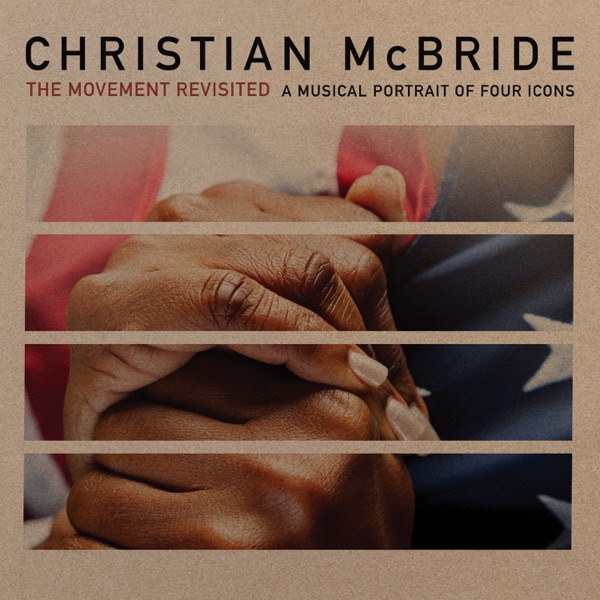
The Movement Revisited: A Musical Portrait of Four Icons is a brilliant five-part suite dedicated to the lives and legacies of civil and human rights giants Malcolm X, Rosa Parks, Muhammad Ali, and Rev. Dr. Martin Luther King, Jr.,. A creative pinnacle for McBride two decades in the making, the seminal piece features his 17-piece GRAMMY-winning big band and an all-star roster of poets (including Dion Graham, Sonia Sanchez, and Vondie Curtis Hall), vocalists (including Alicia Olatuja and J.D. Steele) a beautiful choir, and notable actors. “Soldiers (I Have a Dream)” features a beautiful narrative performance of King’s Dream speech by acclaimed actor, Wendell Pierce (The Wire, Death of a Salesman, Selma). If you don’t watch anything else today, don’t skip this treat: a live recording of The Movement Revisited from The Kimmel Center.
Martin Luther King (3rd Movement)
Duke Ellington
Three Black Kings
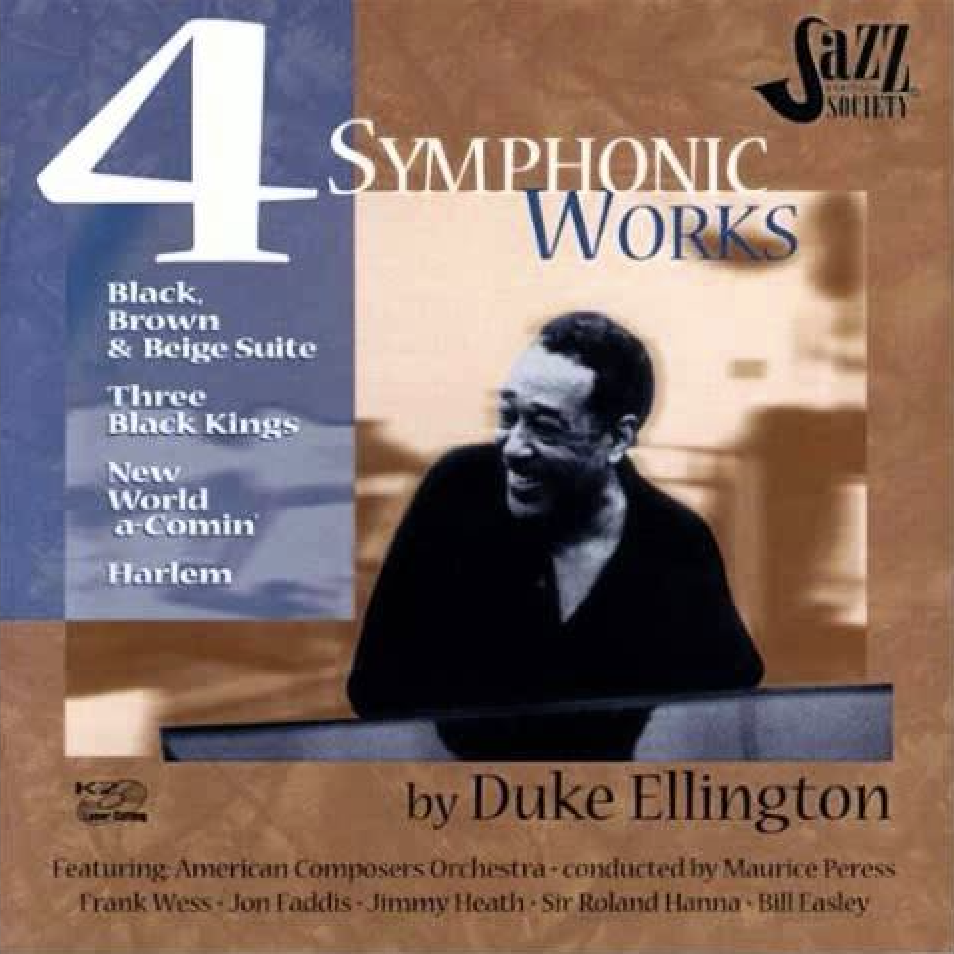
Ellington would pass away before he had a chance to perform this work, but it has been honored through several orchestras and symphonies over the years. “Martin Luther King” is the third movement to Ellington’s Three Black Kings suite and it is absolutely stunning. It would not be the first time Ellington would honor his friend through musical dedication. In 1963, Duke Ellington directed and narrated My People, which was presented in Chicago as part of the Century of Negro Progress Exposition. “King Fit The Battle Of Alabam” was performed by Ellington and Billy Strayhorn & His Orchestra: Ray Nance, c; Bill Berry, Ziggy Harrell, Nat Woodard, t; Booty Wood, Britt Woodman, tb; John Sanders, vtb; Rudy Powell, as; Pete Clark, Russell Procope, as, cl; Harold Ashby, ts, cl; Bob Freedman, ts; Billy Strayhorn, celeste; Joe Benjamin, b; Louie Bellson, d; Juan Amalbert, cga; Jimmy Jones cond, p; It was recorded at Universal Studios in Chicago. It was recorded on August 20, 1963, just a week ahead of King’s Dream speech on Lincoln Memorial. Both worth many, many listens and even more exploration.
Abraham, Martin And John
Ray Charles
A Message From the People (1972)
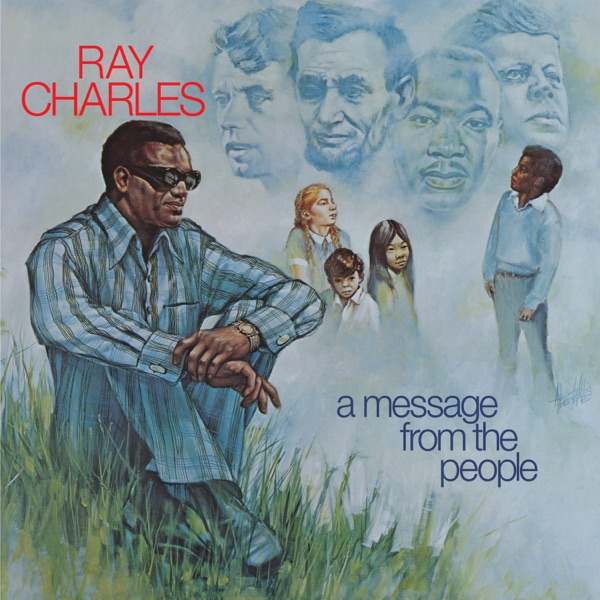
This album was a staple in my home, with his versions of “Lift Every Voice and Sing,” and a brilliantly soulful rendition of singer-songwriter Melanie Anne Safka’s “Look What They’ve Done To My Song, Ma” played incessantly in my home growing up. But nestled more than halfway through the album is “Abraham, Martin And John” rendered in a way only The Genius could.
McDonalds Celebrates The Legacy of Martin Luther King Jr. (1986)
This is an honorary mention, strictly for nostalgia purposes. Released the year of the first observed MLK Day in 1986, this commercial ran seemingly round the clock when I was growing up, especially during commercial breaks from black programs like Soul Train on Saturday mornings. If you are black and came up in the 1980s, there’s no way you don’t know this one by heart.
